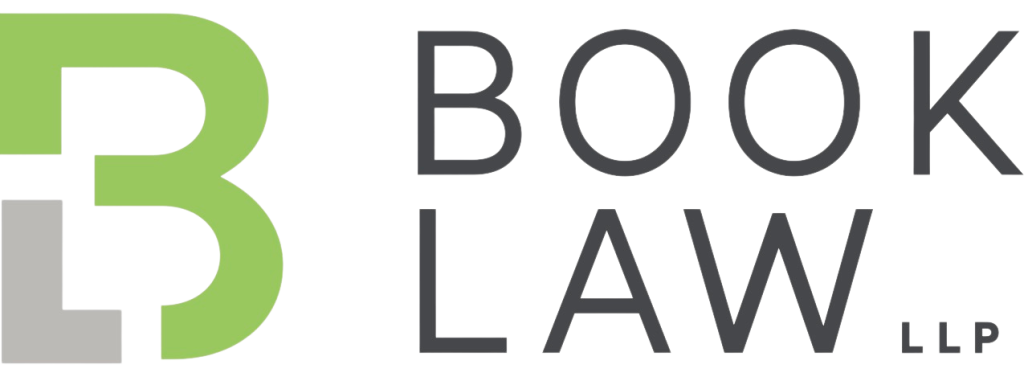Numerous healthcare workers have been injected with the COVID-19 vaccine and it is only a matter of time until the vaccine becomes available to all eligible workers throughout the country. In light of this, on December 16, 2020, the Equal Employment Opportunity Commission (“EEOC”) answered questions about mandatory vaccination of employees in its guidance entitled, What You Should Know About COVID-19 and the ADA, the Rehabilitation Act, and Other EEO Laws (“Q&As”).
Currently, neither federal nor state law in New York and New Jersey require employees to receive vaccinations against COVID-19. The EEOC considered whether employers could require employees to receive the COVID-19 vaccination. The EEOC concluded that, under at least two federal laws – the Americans with Disabilities Act (the “ADA”) and Title VII of the Civil Rights Act of 1964 (“Title VII”) – employers can mandate COVID-19 vaccination of their employees by following these rules:
1. Avoid asking employees mandatory pre-vaccination medical screening questions.
Needless to say, anyone administering vaccines must ask pre-vaccination medical screening questions. But employers do not have to be the ones administering the vaccines.
For employers, the problem with pre-vaccination screening questions is that they may elicit information about employees’ disabilities. Under the ADA, employers may not ask such questions unless they are “job-related and consistent with business necessity.” Therefore, employers should not be the ones asking mandatory screening questions.
Instead, employers can mandate the COVID-19 vaccine and allow employees to receive the vaccine from their own health care providers. Those health care providers would ask the screening questions. The employers would be in the clear as long as the health care providers are not under contract with the employer and do not provide the employer with the employees’ disability-related information. (See Q&A K.2.)
Employers may request from their employees proof that they received the vaccine. Proof of receipt of the vaccine is not, in of itself, a disability-related inquiry. The EEOC suggests that employers advise employees not to include their medical information when submitting proof of vaccination. (See Q&A K.3.)
In all cases, employers must keep confidential any employee medical information obtained due to the vaccination program. (See Q&A K.2.)
2. If an employee indicates they cannot receive COVID-19 vaccinations because of a disability, employers must determine (a) whether the unvaccinated employee poses a direct threat to the health or safety of the individual or others; and (b) whether the direct threat can be eliminated or reduced by reasonable accommodation, without undue hardship to the employer.
In order to determine whether the unvaccinated employee poses a direct threat to the health or safety of the individual or others, an employer must examine four factors regarding the specific employee: “the duration of the risk; the nature and severity of the potential harm; the likelihood that the potential harm will occur; and the imminence of the potential harm.” The EEOC accepts that an employer’s determination that an unvaccinated employee would expose others at the worksite to COVID-19 is a “direct threat.”
Employers may not automatically terminate any employee who cannot receive the vaccination due to a disability. Rather, employers must consider whether there is a way to eliminate or reduce the threat to the employee and other employees. This may involve excluding the employee from the worksite. Employers should take into account OSHA and CDC guidance on workplace safety regarding COVID-19, the employee’s potential interactions with other unvaccinated employees, the possibility that the employee could work remotely or take leave, and other potential accommodations. Employers should discuss the options and interactive process with legal counsel to make sure they remain compliant with other federal, state and local laws.
In all cases, employers must keep confidential any employee medical information obtained during the interactive process to determine options for reasonable accommodations. (See Q&A K.5.)
3. If an employee indicates they cannot receive COVID-19 vaccinations because of a sincerely held religious belief, practice, or observance, employers must provide a reasonable accommodation unless it would pose an undue hardship under Title VII of the Civil Rights Act.
Just as with employees who cannot receive the vaccination due to a disability, employers may not automatically terminate any employee who cannot receive the vaccination due to a sincerely held religious belief. Rather, the employer must consider whether there is a way to eliminate or reduce the threat to the employee and other employees. This may involve excluding the employee from the worksite.
Employers should take into account OSHA and CDC guidance on workplace safety regarding COVID-19, the possibility that the employee could work remotely or take leave, and other potential accommodations.
Employers should discuss the issues with legal counsel to make sure they remain compliant with other federal, state and local laws. (See Q&A K.6 & 7.)
If you have additional questions or concerns regarding the COVID-19 vaccine and the workplace, please contact Chaim Book at cbook@mb-llp.com and Sheryl Galler at sgaller@mb-llp.com.

